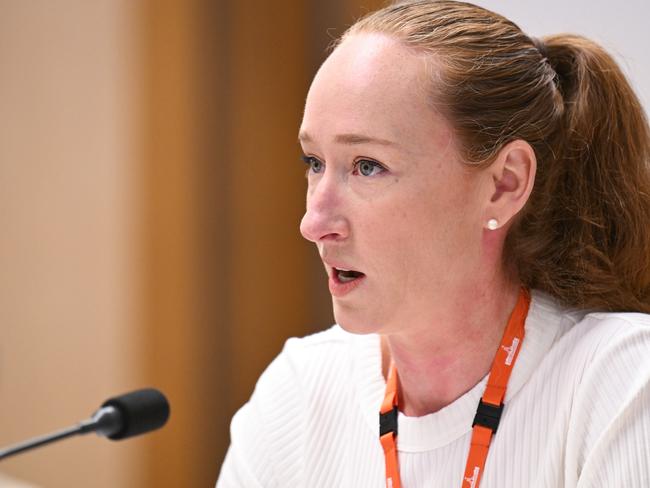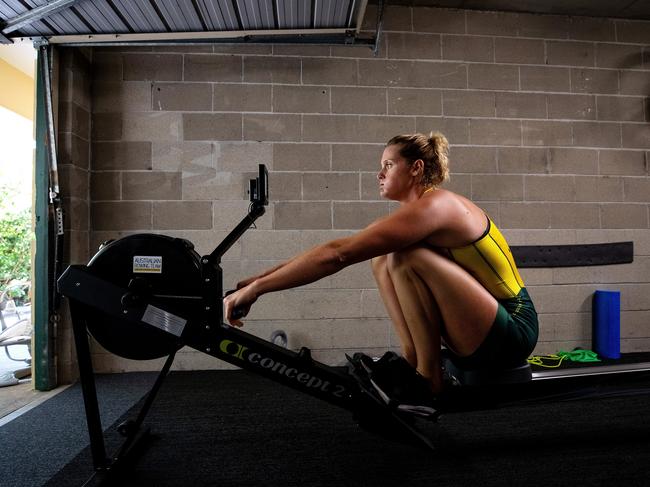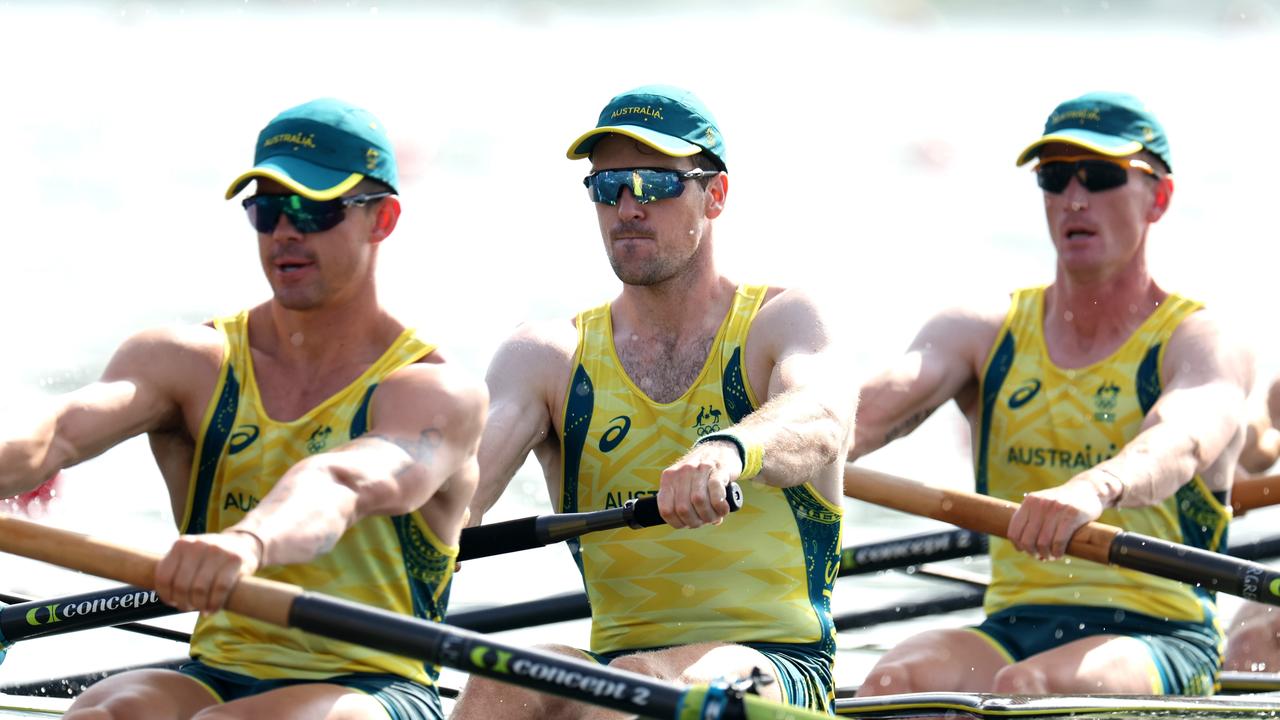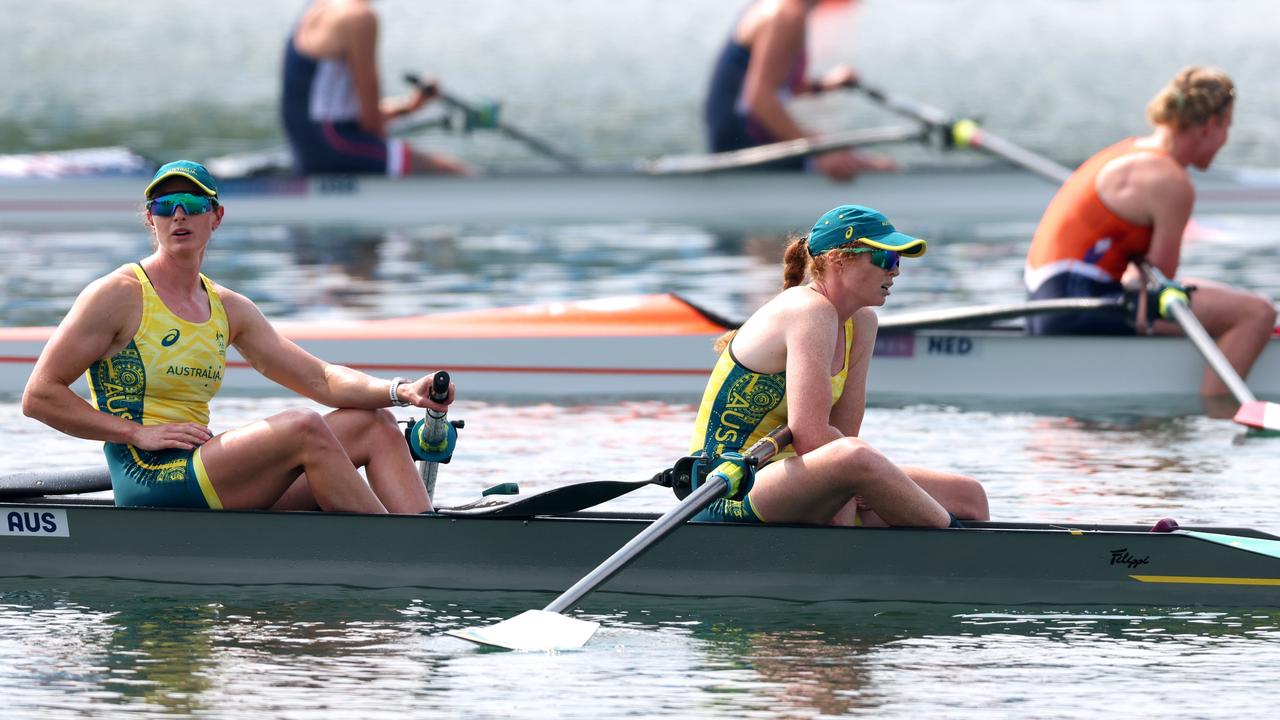‘Culture of fear and repercussion’: Scathing Rowing Australia high performance review recommends major changes
Rowing Australia has changed processes and personnel after an independent review into its worst Olympic showing in 36 years highlighted several issues in the high performance program.

Rowing
Don't miss out on the headlines from Rowing. Followed categories will be added to My News.
A Rowing Australia review following the sport’s worst Olympic performance in almost four decades has found a “culture of fear and repercussion” within the high performance program.
The culture concerns were listed among a number of critical failings that have led to a major overhaul for the sport ahead of the Los Angeles Games.
Australia won just one medal at last year’s Paris Games – a bronze in the women’s pair – in its worst Olympic return since 1988.
However, its poor Olympic performance was juxtaposed with the best ever Paralympic showing after athletes won gold and bronze medals on the Paris course.
While it was found “positive practices and areas of excellence existed within the programs”, a comprehensive report completed after extensive interviews of athletes and coaches in the Olympic and Paralympic programs both before and after the Games, highlighted several concerning road blocks for high performance that existed in the 2021-2024 high performance (HP) cycle.
These included:
■ Some behaviours of coaches led to a number of athletes and staff to refer to a culture of fear and repercussion within the HP program
■ Unfair and unclear selection processes
■ Escalation pathways lacking structure and accountability
■ Absence of a unified “Rowing Australia Way”
■ Poor coaching leadership
■ Communication and collaboration: lacking purpose and clarity
Rowing Australia chief executive Sarah Cook said poor coaching leadership was a key theme of the report.
“There were some behaviours of our coaches that led to a number of athletes and staff to refer to a culture of fear and repercussion within the high performance program,” Cook said.
“That certainly wasn’t all coaches but there was a feeling that the behaviours of some of the coaches led to what you could say (was) a lack of psychological safety within the program.”
Cook is a two-time Olympian, who rowed in the pair with Kim Brennan (Crow) in 2008 and the 2012 women’s eight dubbed the motley crew after they waged an ultimately successful battle against RA in a bid to gain support to qualify for the London Games.
And she brings a unique understanding of the need for athletes to feel seen and heard in a program.

Even before the Games began, RA had started the review into its 2021-2024 HP cycle both to ensure there was no Games result bias that skewed athlete and coach feedback but also because it had become evident there were changes that needed to be made.
With an interim report from external independent consultants Liberating Brilliance delivered to Cook in the first week of the Games, critical decisions were made the day after the Paris Olympic regatta finished to allow the sport to move forward.
Further interviews following the Games led to the full report’s completion which resulted in several other systemic and cultural changes, including an organisational restructure, the recruitment of new men’s and women’s head coaches, rewriting of the senior selection policies and review of the selection panel composition and adoption of the “Rowing Australia Way”.
RA has appointed new men’s and women’s head coaches since the Games, luring James Harris from the successful Great Britain program to lead the women, while Chris O’Brien has rejoined the rowing fold as men’s head coach after a stint at Gymnastics Australia.

Former para lead James Loveday has been appointed head coach of the para program leading into the LA Games, while Laryssa Biesenthal has become RA’s first female head coach, leading the new Olympic discipline of coastal rowing into 2028.
“We’re working with key experts on how do we build and repair the psychological safety within our programs and I think certainly the leaders that we have appointed in our new head coaches, that was such a critical element of what I was looking for,” Cook said.
“We wanted leaders who were athlete-centred, empathetic, good communicators, to really start to foster those environments.
“It’s been great to see that start to start to be established and we’ve had really great feedback from the athletes and the staff.
“We really wanted to address and arrest that, because that has the ability to undermine everything we do if we don’t have a psychologically safe environment.
“I’ve been in those programs, I know what that feels like when we had that environment and so that was incredibly important, certainly to me and to Paul Thompson, our performance director as well.”
‘Situations could have been handled better’: Dual Olympian says no clarity caused fear
Two-time Olympian Georgie Rowe, a key member of the eight that finished fourth in Paris in the best-ever performance by that boat class for the women, has recommitted to Rowing Australia’s high performance program after changes following the Paris Games.
Rowe and Tokyo gold medallist Alex Hill, a member of the men’s four in Paris, are among the highest-profile members of the 2024 Olympic team to recommit to the program ahead of the Los Angeles Games in 2028.
Rowe, a former palliative care nurse used to dealing with high stress situations, said her own life experience meant she had a certain amount of perspective when she entered the program and every athlete would have their own interpretation of the last cycle.

“The treatment from athletes within the system varied a lot and so some people probably had a really positive experience and others perhaps might have had more of a negative experience,” two-time Olympian Rowe said.
“From my experience … the head coach and the coaches that we had, they were great and there were so many positives about them.
“But on the other hand, there are also so many areas where they probably could have dealt with certain situations a little bit better, like any workplace.”
While the report talked about “fear”, Rowe said from her perspective, it was more about a lack of clarity.
“It wasn’t like I was afraid to come to training, or there was any abuse, or anything like that,” Rowe said.
“It was more like I was afraid, if I didn’t perform well, how that would impact my place on the team.

“I have some of the best ergo scores in the world, and if I didn’t get a world record (in testing), would I be good enough to be in the eight; or, if I’m not dead lifting 130kg and nearly blowing my back, is the coach watching me and then thinking, okay, that’s, that’s a cross against her.
“So just a lack of clarity.”
Rowe said she probably didn’t give as much feedback as she would be prepared to do now either.
“If I’m going to be honest, I probably didn’t open up as much as what I would do now, because … I just wasn’t sure what information was going to be used for me or against me,” she said.
“But also, there were points in time when the coaches were very supportive, and they pulled me aside and they would say to me, things like, ‘you’re clearly not coping, you need to pull back on something’, so as I say, the experience was different for all individuals.”

A total overhaul of selection processes and policies - deemed “unfair” and “unclear” by individuals interviewed for the report - as well as selection panels, should help that, while the adoption of what is being called the “Rowing Australia Way”, a unified approach to a multitude of things from rowing technique to coaching models, nutrition and training methodology will also present a unified front.
“It’s changed my life being a rower and I love rowing, and I would do it again in a heartbeat,” Rowe said.
“I’m still here because I really love what I do, and I really respect (RA chief executive) Sarah Cook and (HP director) Paul Thompson and the changes that they’ve made have been really positive, and I am having a great time at the centre now.
“We’ve made some great improvements in the way that we’re rowing and the program.”
More Coverage
Originally published as ‘Culture of fear and repercussion’: Scathing Rowing Australia high performance review recommends major changes




